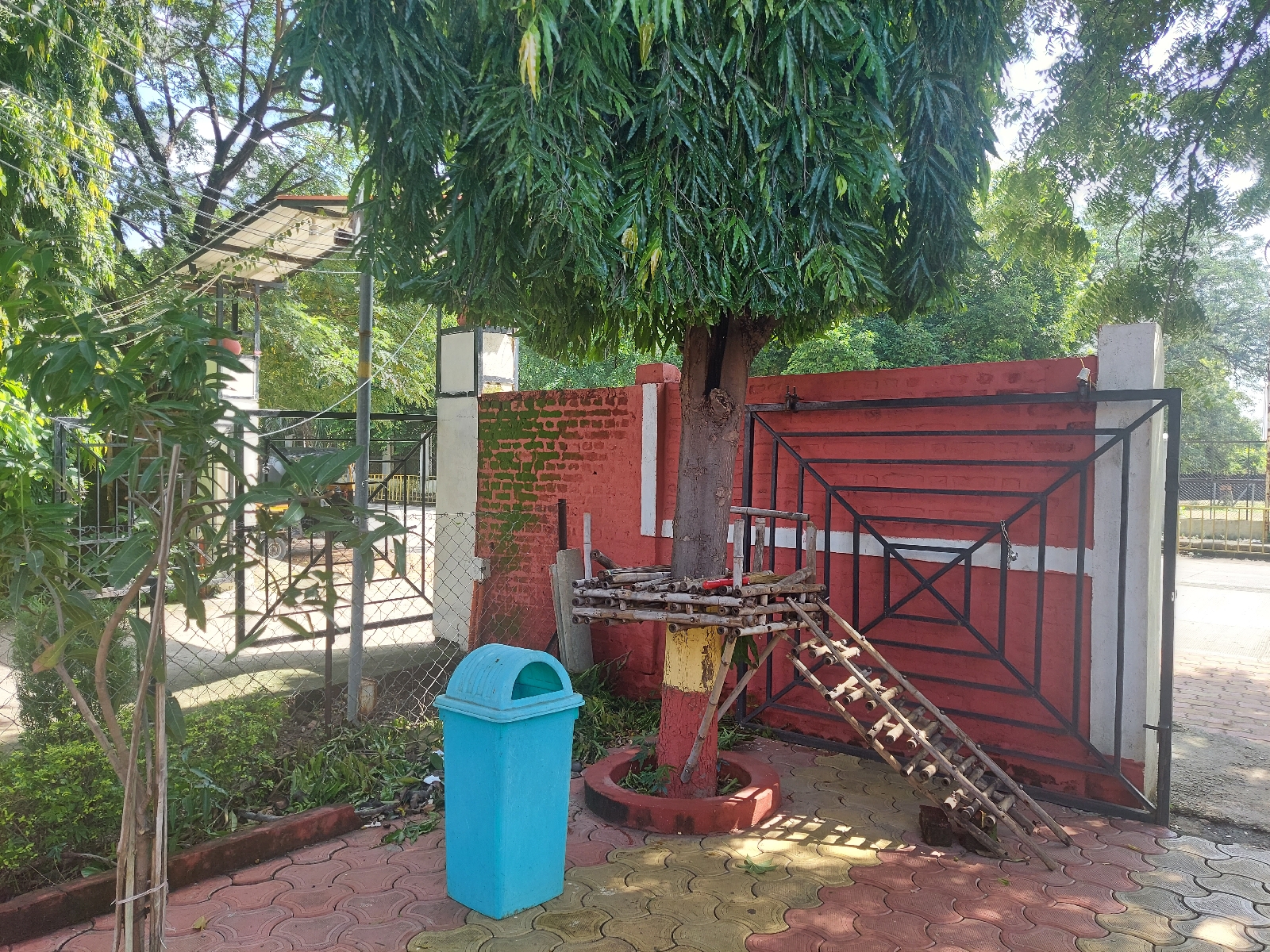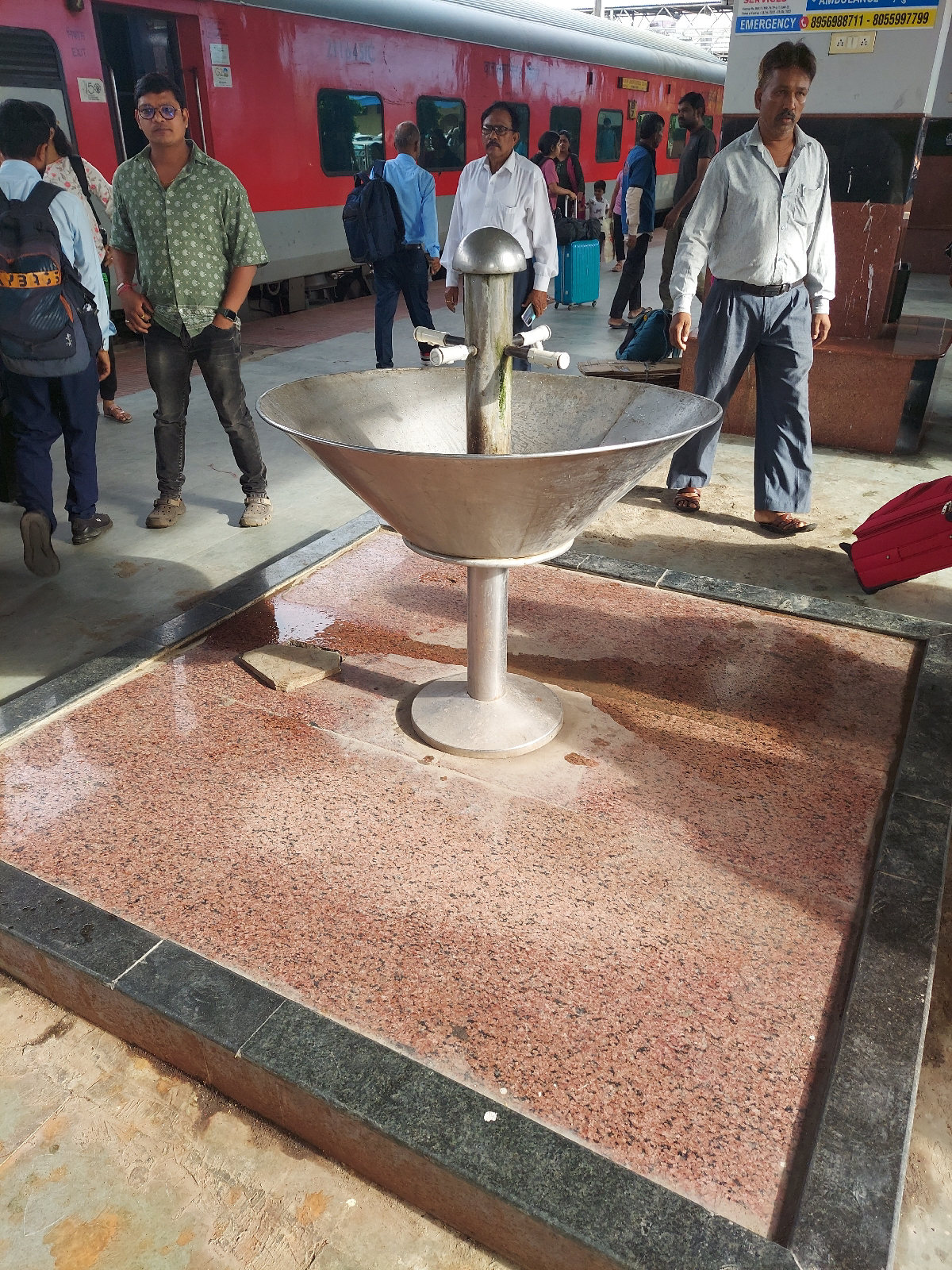There is little that I have posted on my blog over some time. At least as compared to what I used to post over a decade ago. There was a lot of reflection on everyday life and I could see a lot of value in that. I was writing about my experiences of teaching, of talking to students, colleagues, rambles, discussions - basically recording the sociality of my everyday life, until one day when everything came back to eat me. I realised that the personal blog could become so political, and deeply affect so many people. And it is since then I moderated, censored heavily what this space could carry. Over the last few years, I have taken to old form of writing - in notebooks, diaries - for several reasons. The blog become too formal a space because it was indexed into many formal portals. Secondly, it gained the burden of being too correct and responsible. Thirdly, denser ideas did not find time and space to be elaborated and hence never got posted. Numerous half written posts exist on my draft-list and remain to be completed. Post covid - a period of recuperation from the deep mental agony of the lockdown - has been a time of little enthusiasm. Could it be the effect of the vaccine that our brains work at half enthusiasm levels, or was it merely my own struggles to mend the complexities of my social life that held me back? I do not know. The diary notes have been ways of purging half cooked emotions into the notebook - something that this blog could hold before. At 37, can I afford to express myself as confused as before, as insecure as I was in my 20s? I think as we grow old, we produce new insecurities, new confusions. I have clarified a lot of my life-questions, however, I still remain clueless about what happens next, where to bend this journey in a meaningful way, and what risks could that have? Would there be a way of coming back, and should one even care?
I took a big step of finding myself a studio space soon after the lockdown was over. 'A room of one's own' - as Virginia Woolf would have phrased. Here, I come to be in the silence of my inner mind, be away from the gaze of my biological family, produce my own sociality, and experiment the rules of domesticity at my own terms. My studio is frugal and filled with curiosities of my own. A lot of times, this space allows me to think of the questions I theorised in the 2010 research fellowship on domesticity I submitted at Kamla Raheja Institute of Architecture. Here, I live the concepts of "dwelling" that Heidegger once wrote about, or imagine being Kafka's non-descript animal from 'The Burrow'. What could this space become - a garden, a library, a bedroom, a studio, a laboratory, a museum, a hostel... Yet, it doesnot take away my loneliness completely. I have realised that loneliness is a deeply personal thing. There could be a loneliness that is simply external which one feels in the absence of people. However, this loneliness that I experience is deeply internal, that doesnot quench on finding space or people. How could these two forms of loneliness be connected? It is in the answering of this, that perhaps dwelling becomes home.
They say that reading is central to writing. And hence, I try to read. But reading is not merely textual. Reading is visual, aural, verbal, tactile and deeply sensorial. Sometimes I wonder how so much has already been said. Lately, I have found descriptions laborious. I have struggled not only to reproduce an event in text, but also to consume a representative text. Sometimes, these descriptions are extremely complex and at other times, they are very thin. How does one maintain just the right tension between these two extremes. It is here that I have felt my urge for poetry in text. Texts do not appeal to me unless they are poetic enough - that they have to work through all properties of a musical composition - of tempo, lyricality, rhythm and beats. Such production of text takes time. These texts have the possibility of offering way more in too less - like concentrates. They work with a measure of abstraction that can afford interpretive multiplicity. It is this quality that allows text to become deeper, and wider. How then, are classic writers able to produce so much writing? I think waiting is central to writing. Just like waiting is important for any other thing. Waiting makes one feel that they are immobile, unproductive, stationary, still. Such a feeling can make one so weak, and insecure. However, waiting could bring more assurance, clarity, poise and profoundness to one's work. Waiting fertilizes ruminations. It is in waiting that readings get ruminated to fertilize into cultural matter.
However, today, I felt that writing about my lack of writing could be an opportunity to lay out my own doubts. Perhaps that could allow me a platter to pick a direction, however weak it may appear, to lead into. The past months have been particularly disappointing for difficult weather - in all respects. Firstly the summers of Mumbai are not temperate enough for any creative work. Secondly, I kept away from travel in the hope of, and in preparation of an international travel to Lagos, Nigeria. Unfortunately, this didnot work out. This lost opportunity to travel for research to Lagos, Nigeria left a momentary, yet deep hole in my trajectory... something that could have allowed me a new vantage point to look at the world, and the self. For all the effort and resources that went in, it felt like losing the game after the hardest attempt. The feeling of futility and failure worsens in an already existing space and situation of loneliness. Opportunities come and go, although, how does one work through the intermediate period of waiting. How does one comprehend the failure of that one clear ray of hope that appeared amidst all other confusion? It is against this backdrop, that I feel the pain of not being able to accomplish the Lagos trip. Researchers put together papers for conference or publications through their exposures they strive, struggle and scavenge from various sources. The lost opportunity for travel is a lost opportunity for writing too.
Encouragement is essential - for any activity we do. Encouragement is an assurance for continuing what we do, it is borrowed faith for the work of cultural practice. In the capitalistic world, encouragement also comes from the flow of consistent work. In other words, the continued demand for your thoughts is a form of assurance for you to keep working. It is a strange model of patronage. How does one assure such kind of demand for one's work? The extent of dissatisfaction increases when one has supposedly enhanced one's skill substantially but is not acknowledged or asked to lend that skill enough. There is an ecology through which cultural production takes place. Could the lack of encouragement hint at a rupture of this ecology? How does one balance criticality and encouragement for one's work. This would call for an engaged network of friends who are interested in your work, and what you do, how you do. It takes so much time to cultivate friends. The fear of investment of time into making friends was one of the key reasons I decided to move back to India. Moreso, I have stayed in the city because it is a familiar territory. The recent years have had me run into circumstances when these equations seemed to get recalibrated, even if in appearance. Can deep friendships simply disappear? Can old friends vanish quickly?
Many such experiences have made me estranged, that have caused a profound ambiguity in my skill. I am hoping to reassure myself in the coming days to get back to writing more, doing more, in general being more positive and productive. This would call for a disciplining and grooving deeper into work, that doesn't seem like work? Let's see.

























































